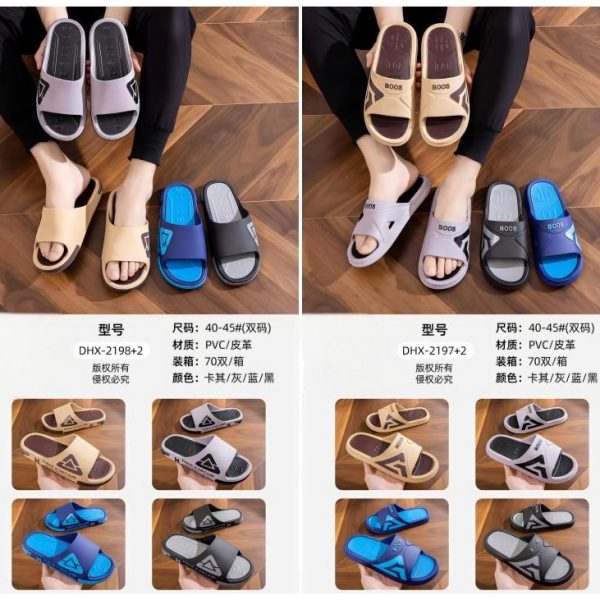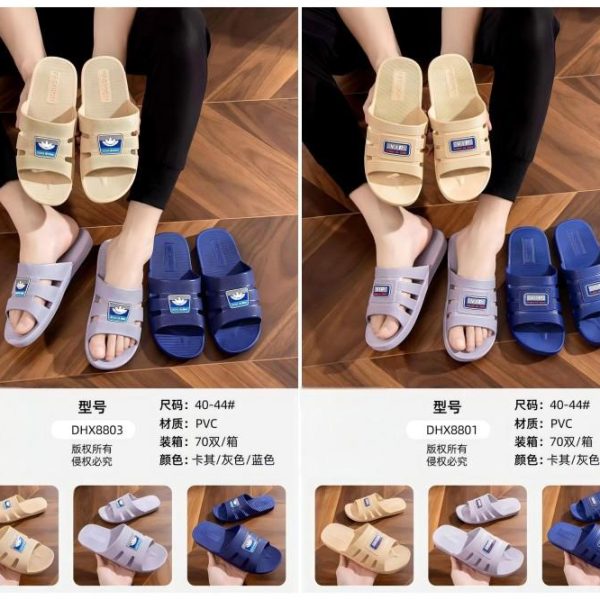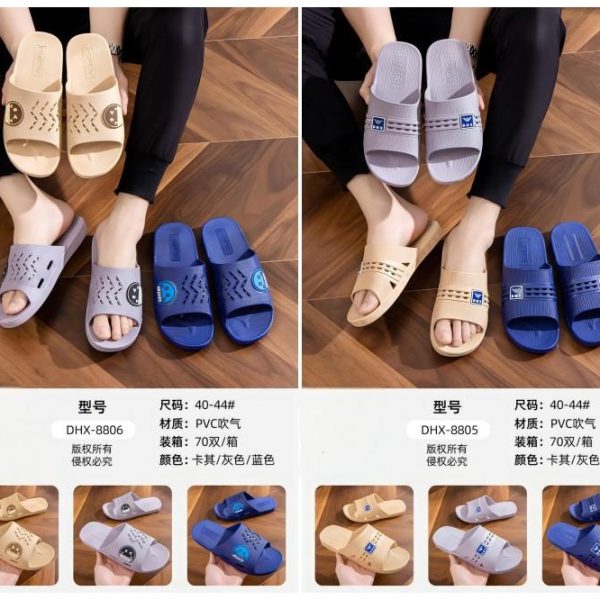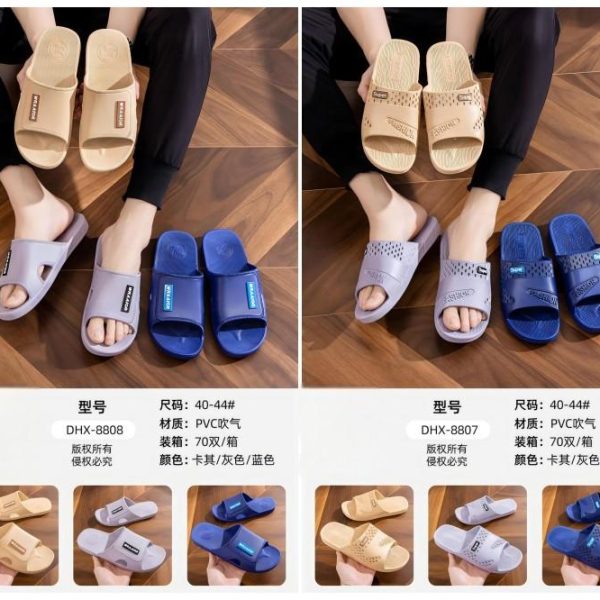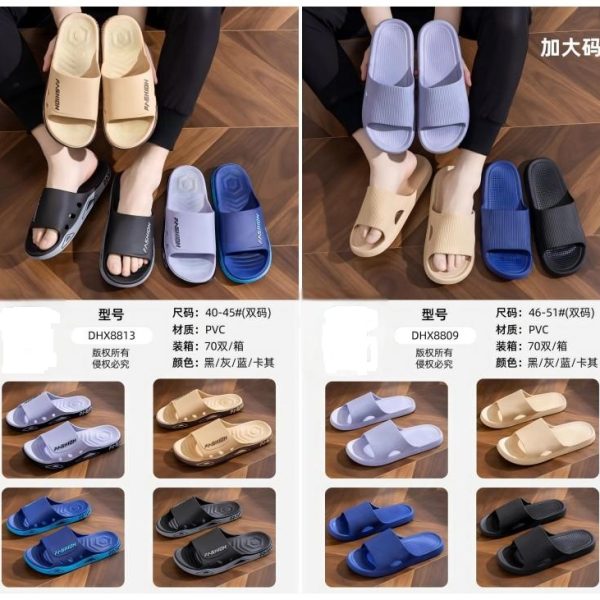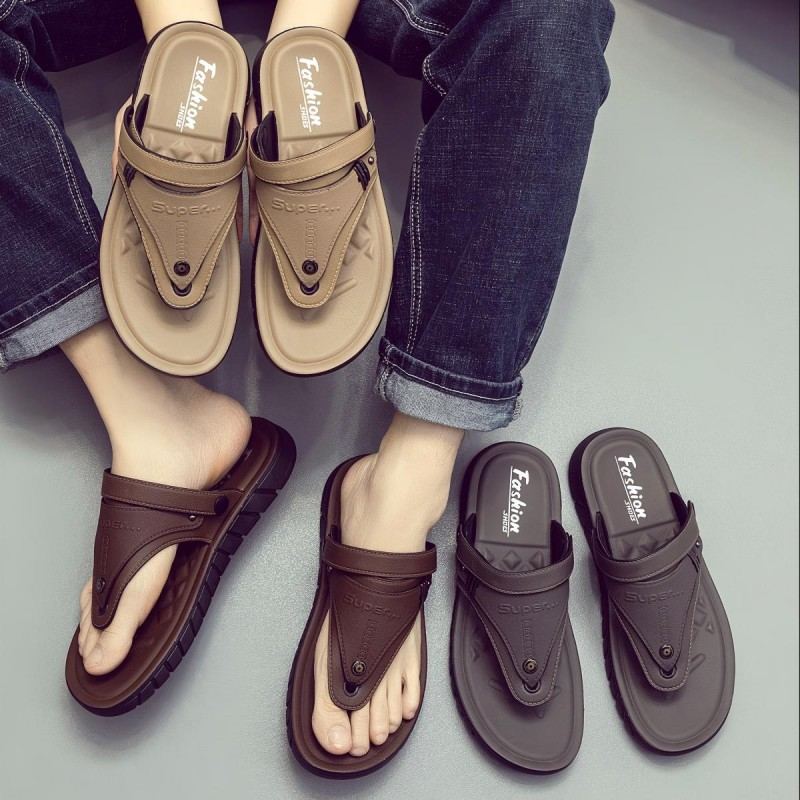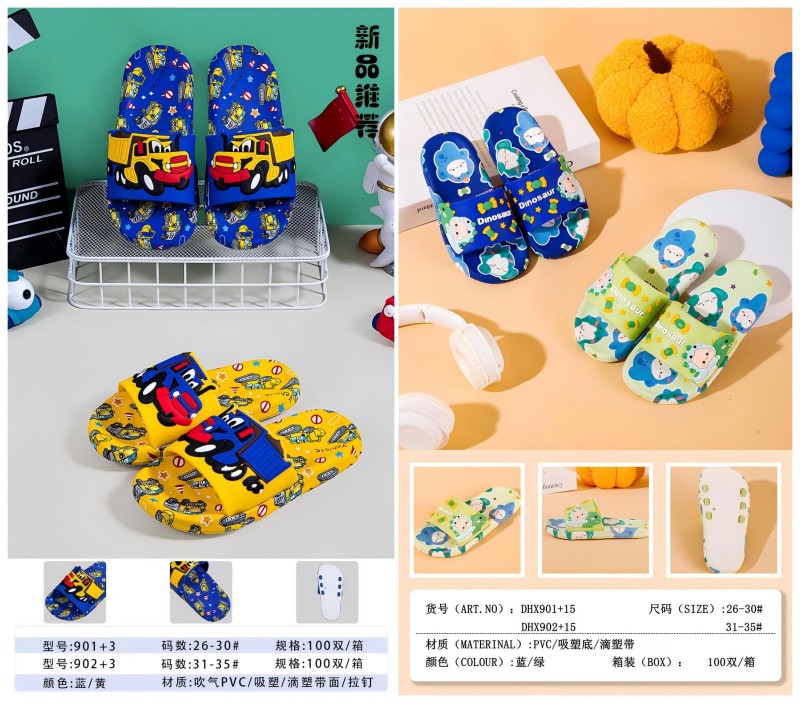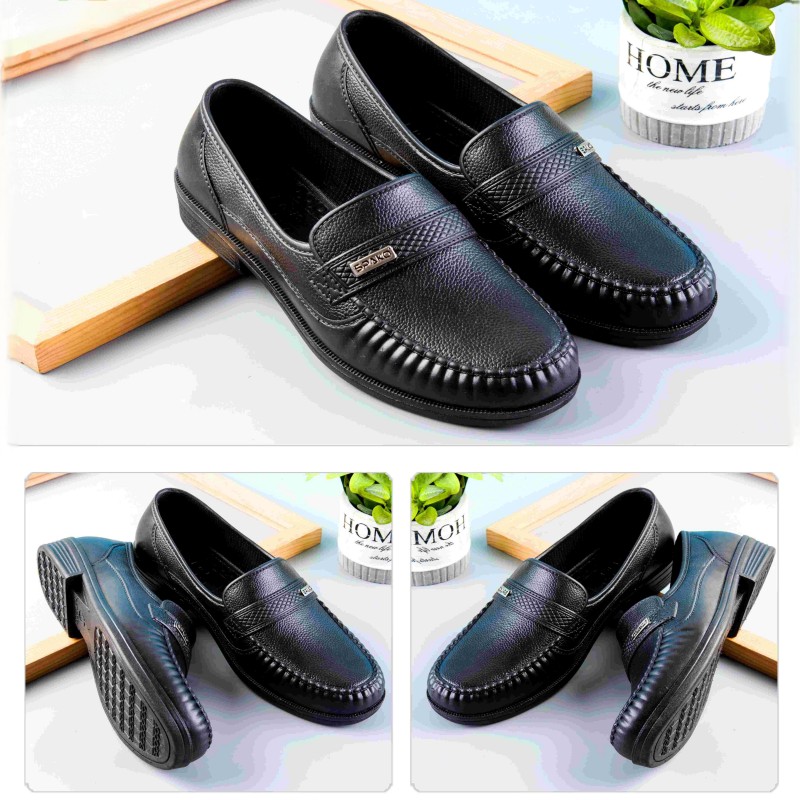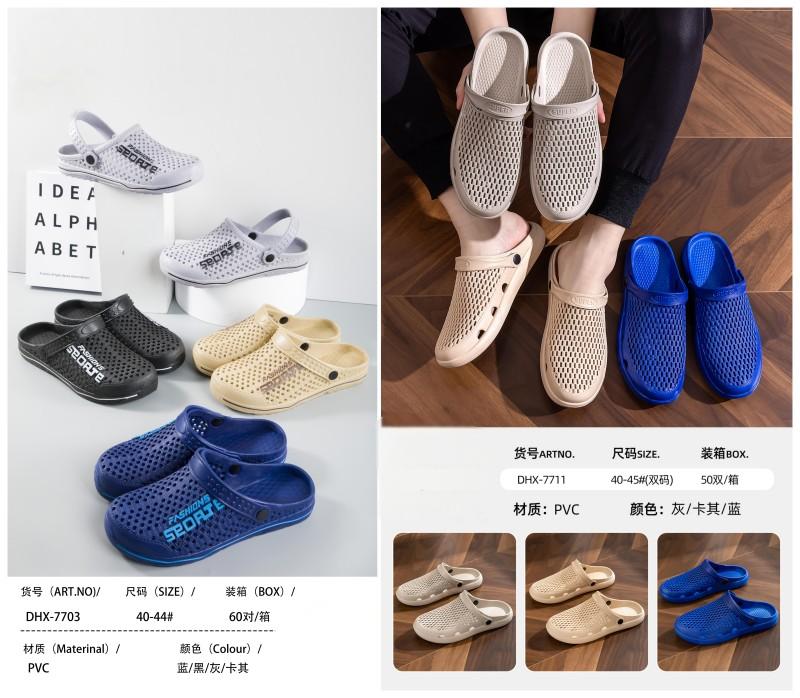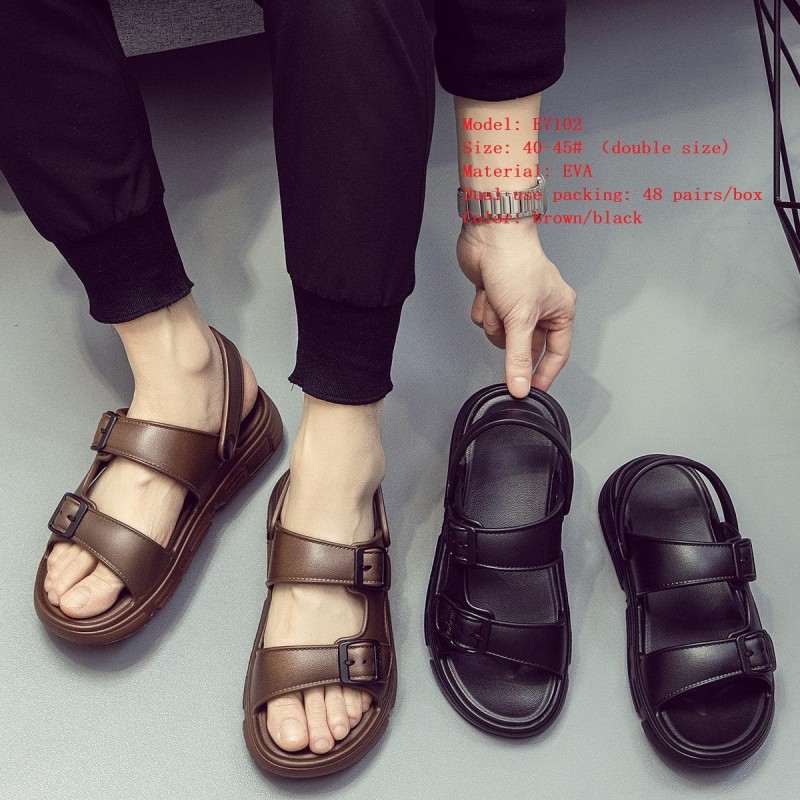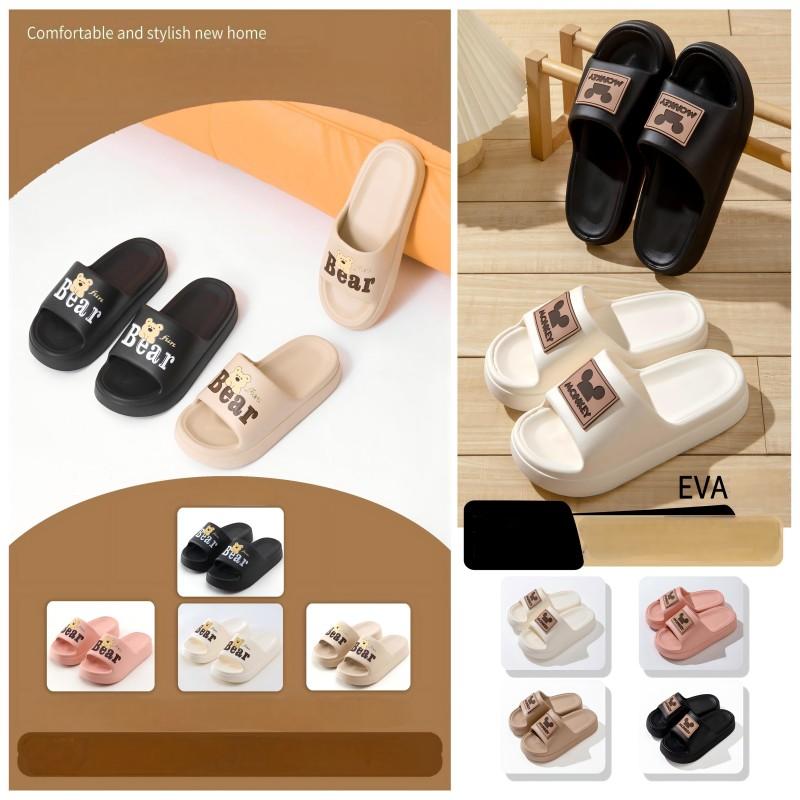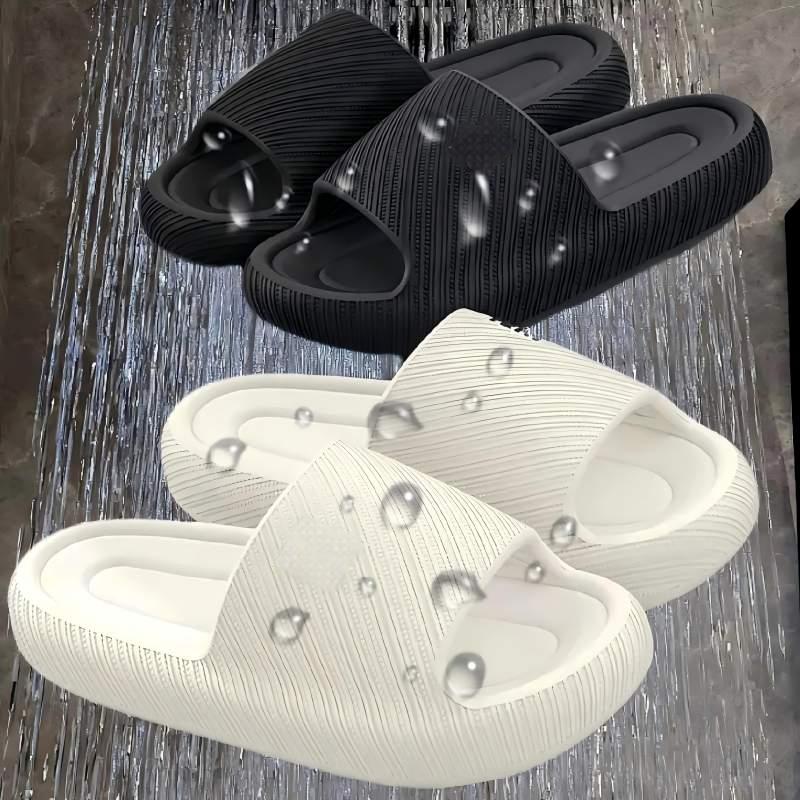-
No. 34 Xiayaopo, Bopu, Wuchuan City
PVC Slippers for Men: Durable & Comfortable Footwear
Walk easy. Stay tough.
These PVC slippers are made for men. They are strong and feel good on your feet. Wear them at home, by the pool, or outside.
Why You’ll Love Them
✅ Lasts long – Made of thick PVC that won’t crack.
✅ Safe on wet floors – Non-slip soles grip well.
✅ Easy to clean – Rinse dirt off fast.
✅ Fits all feet – Wide sizes for comfy wear.
✅ No bad smells – Stays fresh all day.
Perfect For
| Place | Use | Why It Works |
|---|---|---|
| Wet Areas | Showers, pools, boats | Waterproof and quick-dry |
| Work | Gardens, garages, workshops | Tough against dirt and chemicals |
| Home | Kitchen, living room, balcony | Soft support for tired feet |
| Travel | Hotels, beaches, camping | Lightweight and packs small |
| Hot Weather | Sunny days, monsoons | Cools feet fast; won’t fade in sun |
What Makes Them Special
- Strong Material
- Made of 100% PVC (like heavy-duty plastic).
- Reinforced toes and heels – Guards against bumps.
- Lasts 2X longer than rubber slippers.
- Comfort You Can Feel
- Soft footbed – Cushions your arches.
- Lightweight – Less than a soda can!
- Air holes – Lets feet breathe.
- Smart Safety
- Non-slip soles – Sticks to wet tiles.
- No toxins – Safe for skin.
- Easy to wash – Just use soap and water.
More Great Footwear
Find matching styles for your family:
- 👟 Unisex House Slippers – Soft shoes for indoor relaxing.
- 👞 PVC Leather Sandals – Sturdy outdoor sandals for men.
- 👟 Kids’ Lightweight Slippers – Comfy slides for children.
- 👡 Mom Slippers – Cozy footwear for women.
Sizes & Care
Sizes: US 7 to 14 (fits wide feet too).
Weight: 180 grams (super light!).
Colors: Black, Gray, Blue.
Care: Wash with water, dries in 1 hour.
“Best slippers ever! Walked in rain for months – still like new!”
– Mike T., Builder
Ready for tough, comfy days?
GET YOUR PVC SLIPPERS NOW
10 things to note when purchasing products from China
Help Center
Have a query? Please check this question and answers
Composition difference:
- PVC (polyvinyl chloride) is polymerized from vinyl chloride monomers, and plasticizers (such as phthalates) and foaming agents are required to improve softness.
- EVA (ethylene-vinyl acetate copolymer) is copolymerized from ethylene and vinyl acetate, and has high elasticity without the need for additional plasticizers.
Characteristic comparison:
- PVC is relatively hard and relies on plasticizers to adjust its softness;
- EVA naturally has rubber-like elasticity, remains flexible at low temperatures (can withstand -76°C), and is anti-aging and non-toxic.
Advantages of EVA:
- Lightweight (density about 0.945 g/cm³), excellent shock absorption, suitable for long-term wear;
- Closed-cell structure is waterproof and moisture-proof, and resistant to chemical corrosion.
PVC limitations:
- Poor air permeability, easy to breed bacteria due to sweat;
- Easy to deform at high temperature, easy to crack at low temperature.
- PVC process is complex: It needs to go through multiple processes such as kneading, plasticizing, pulling, punching, molding and foaming, and strict temperature control is required (such as injection temperature 140–175℃).
- EVA is more efficient: The mainstream process is one-time molding (granulation → mold → foaming), which reduces waste and has a short cycle. For example, the one-time injection process is suitable for mass production and has lower costs.
- In order to reduce costs, some manufacturers use phthalate plasticizers, which are easy to migrate to the human body. According to the random inspection in 2025, 50% of PVC children’s sandals exceeded the standard (the highest exceeded the national standard by 509 times), which may interfere with endocrine and cause precocious puberty in children.
- Solution: Choose products that meet the national standard GB 30585-2024 (phthalates <0.1%), or give priority to EVA materials (no plasticizer required).
- EVA: Natural anti-slip performance is good, but anti-slip pattern design is still required when the surface is too smooth.
- PVC: Hard and brittle materials have poor anti-slip performance and need to rely on the sole pattern to improve grip.
- Purchase advice: Avoid styles without anti-slip patterns, especially in bathroom scenes.
- EVA: Biodegradable and low production pollution.
- PVC: Harmful gases such as hydrogen chloride are released during the production process, and it is difficult to degrade after being discarded.
- Trend: The EU and other markets gradually restrict PVC shoe materials, and EVA has become the mainstream environmentally friendly alternative.
Scenarios for choosing PVC:
- Short-term use, low-cost needs (such as disposable slippers in hotels);
Scenarios for choosing EVA:
- Children’s shoes (high safety requirements);
- Sports/outdoor slippers (need shock absorption and weather resistance);
- Environmentally friendly products (degradable needs).
Quality inspection points:
- Look for GB 30585-2024 standard;
- Avoid products with strong odor or too bright colors (may contain excessive heavy metals).

